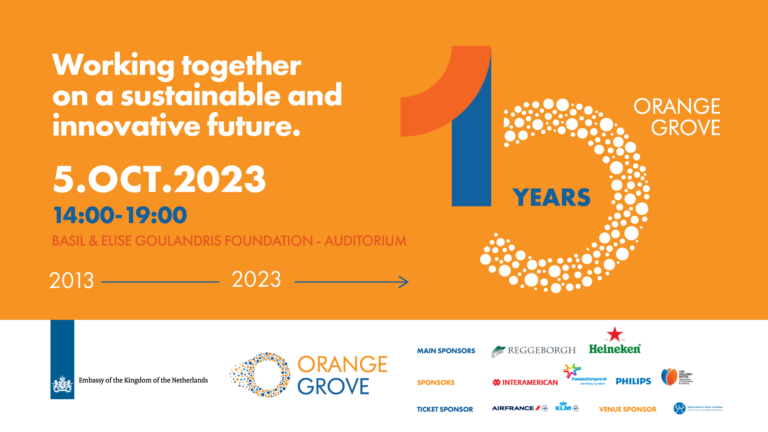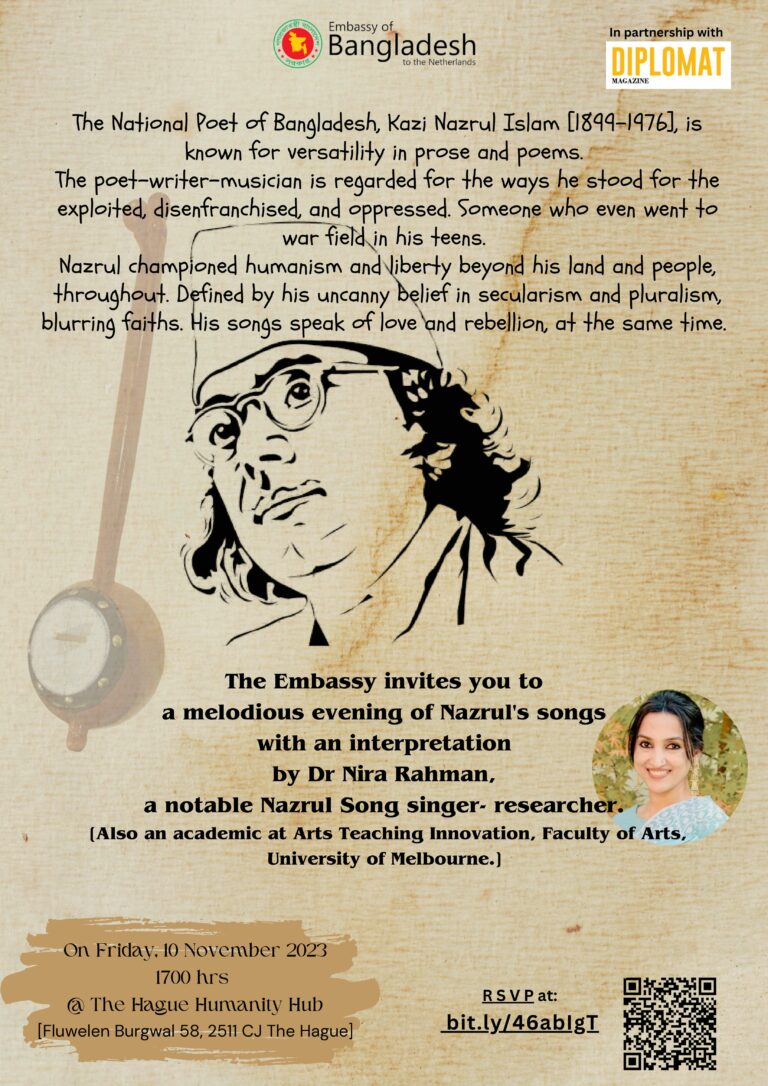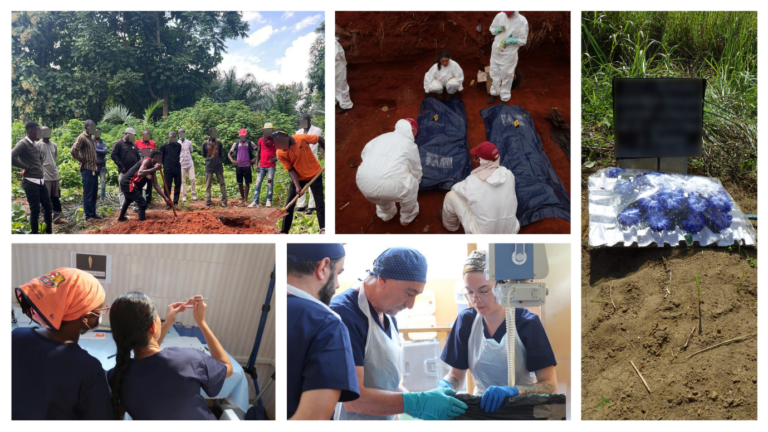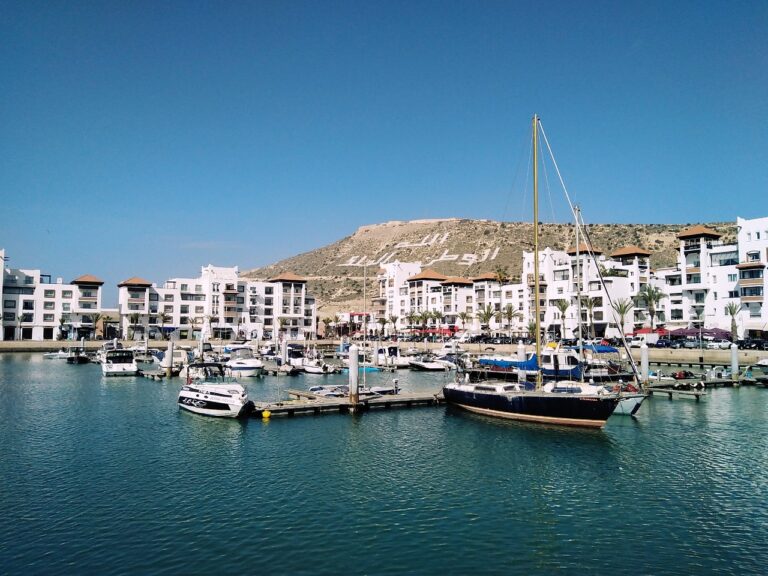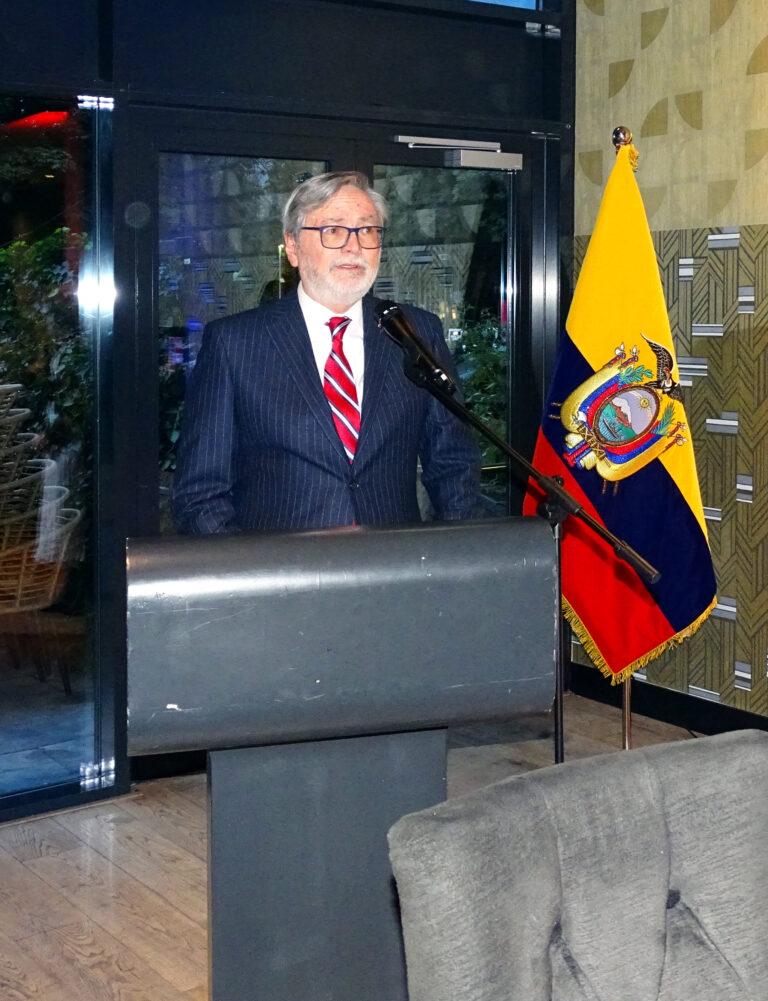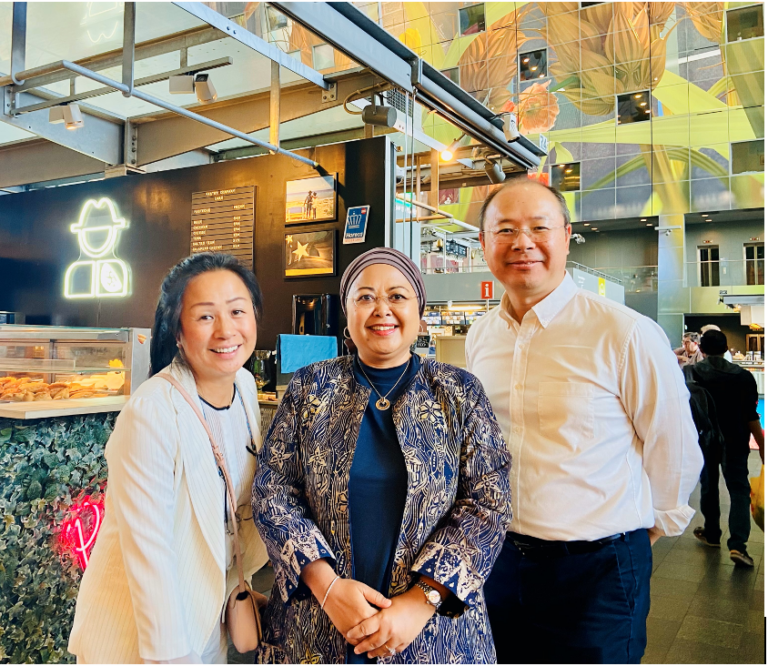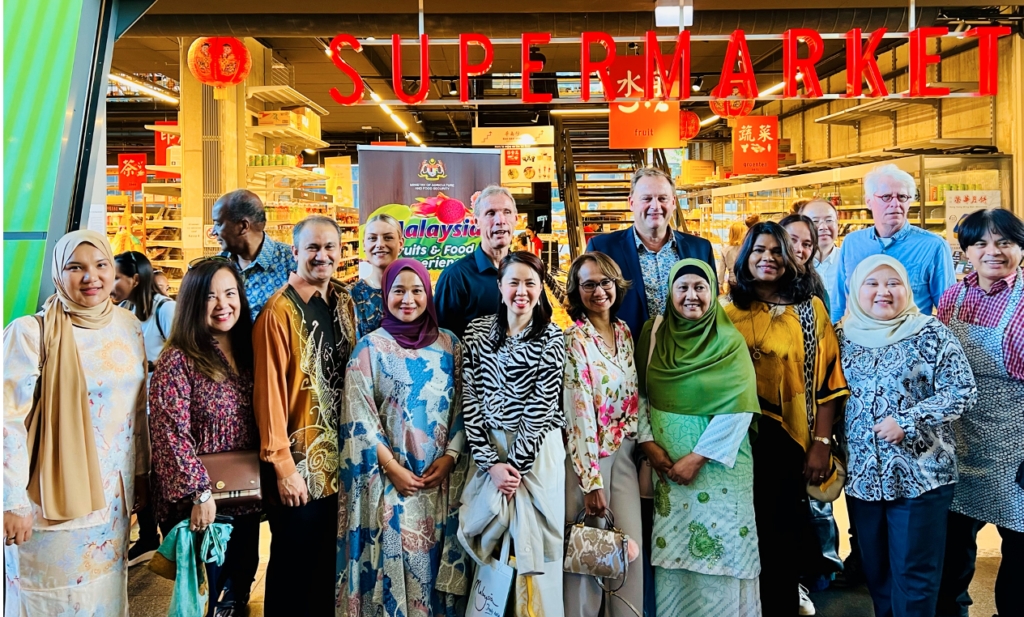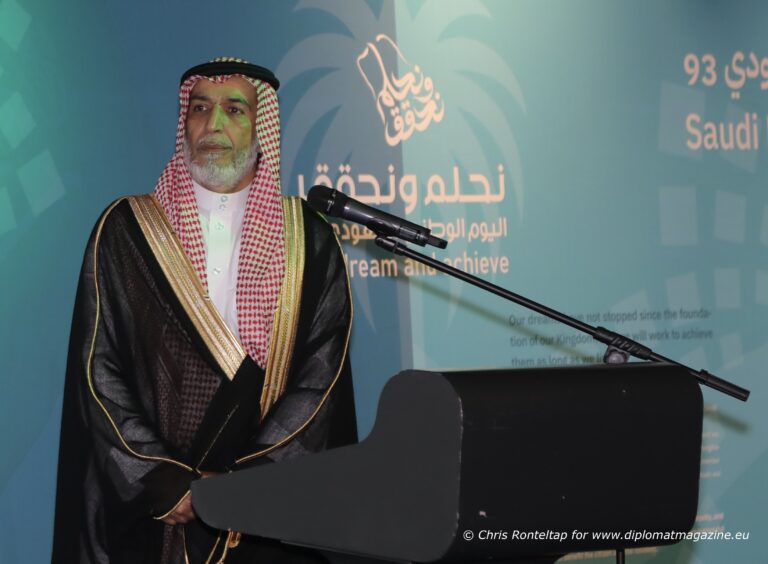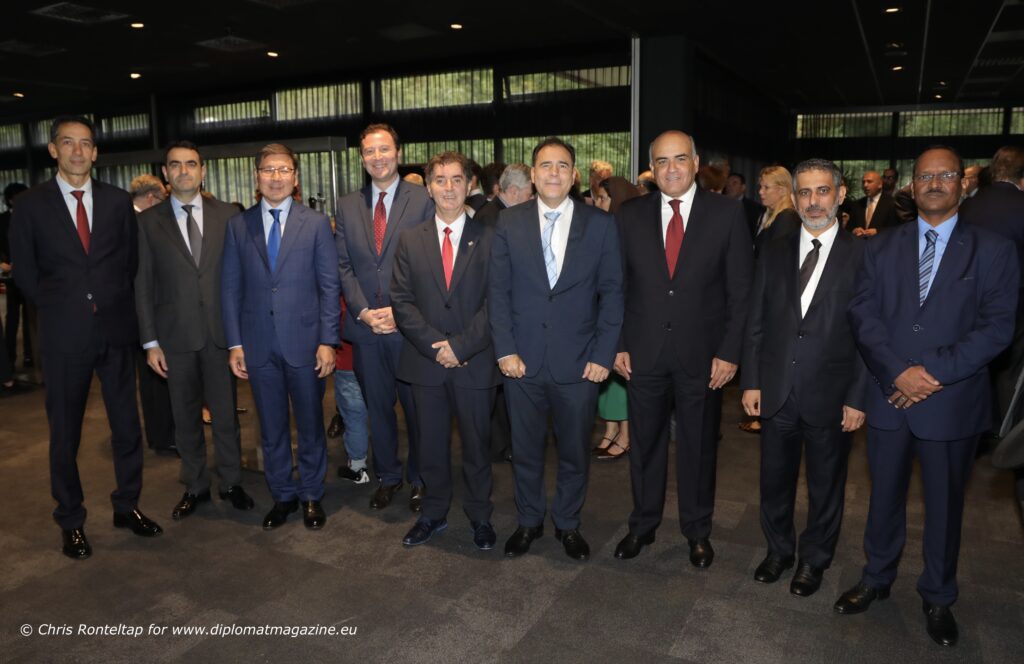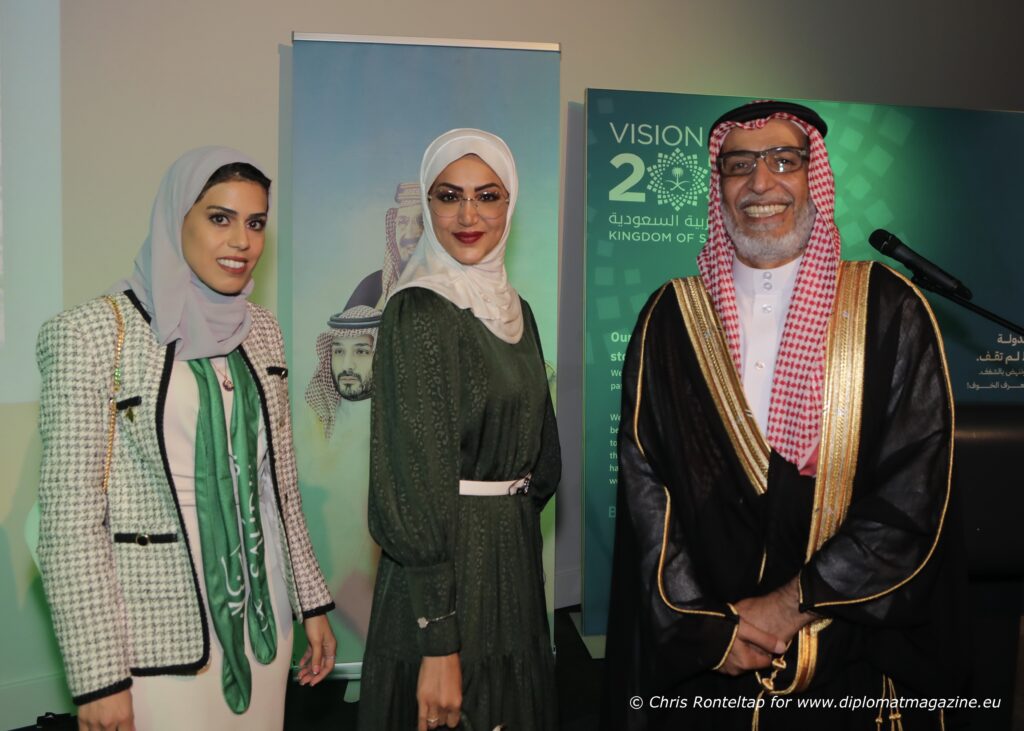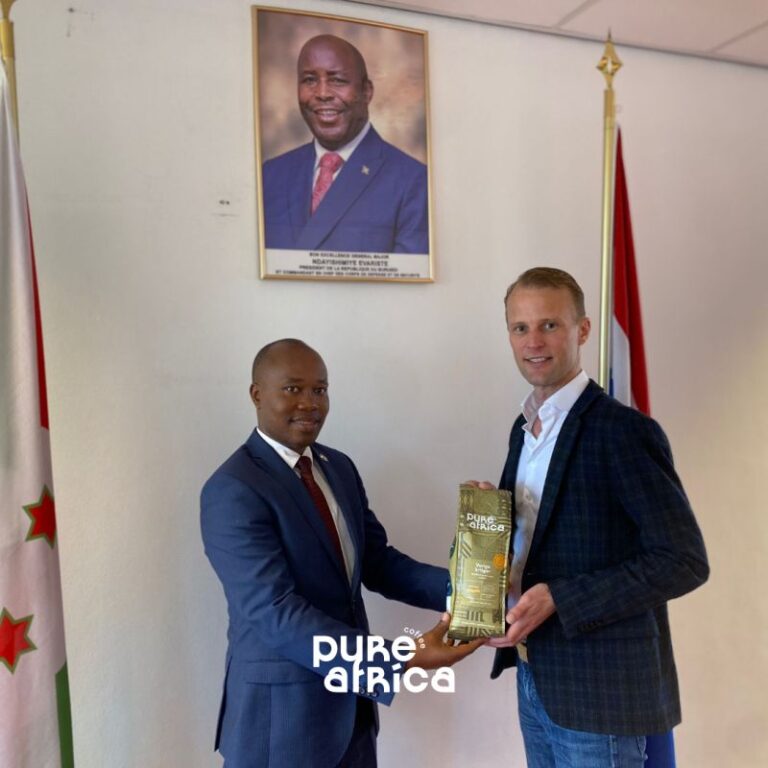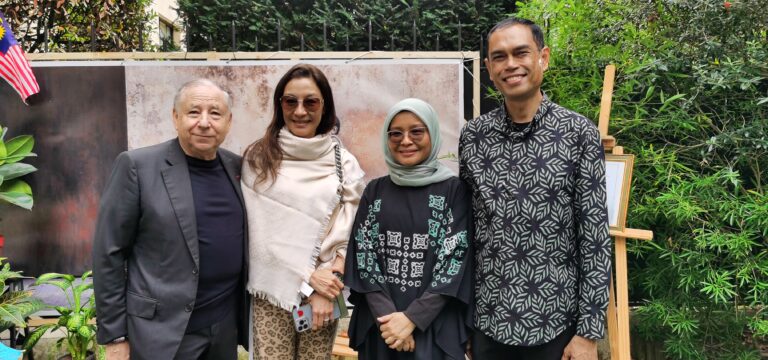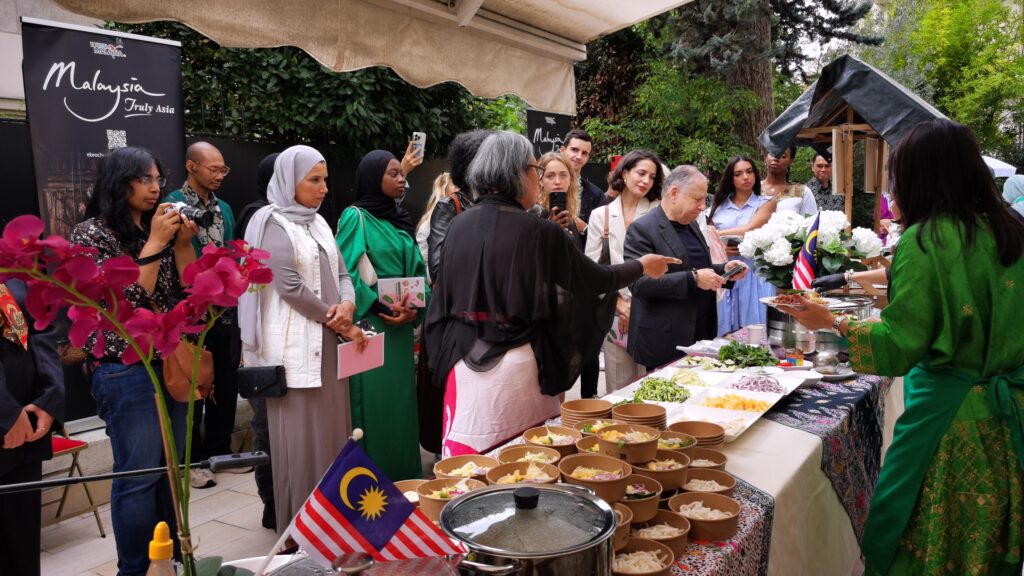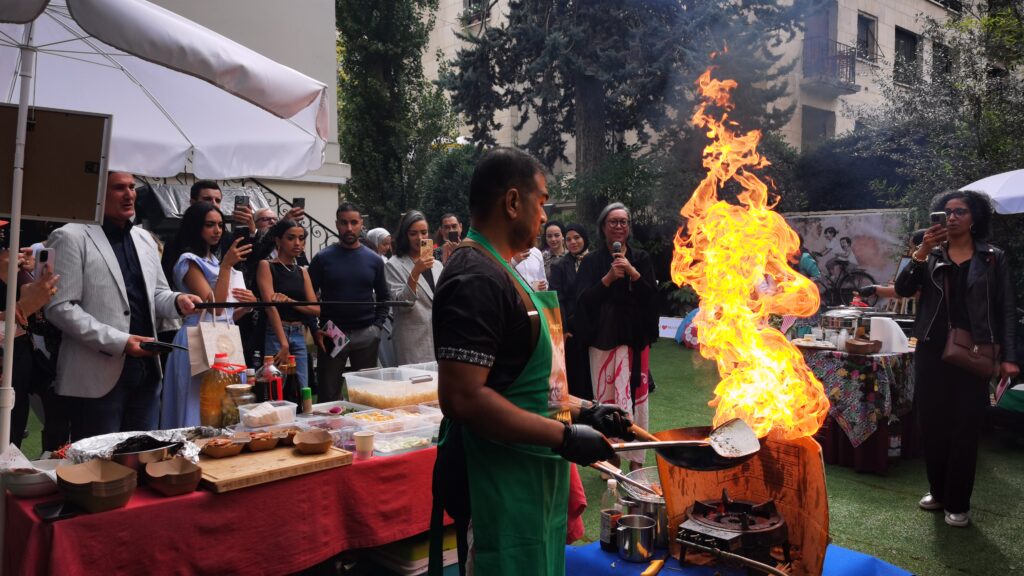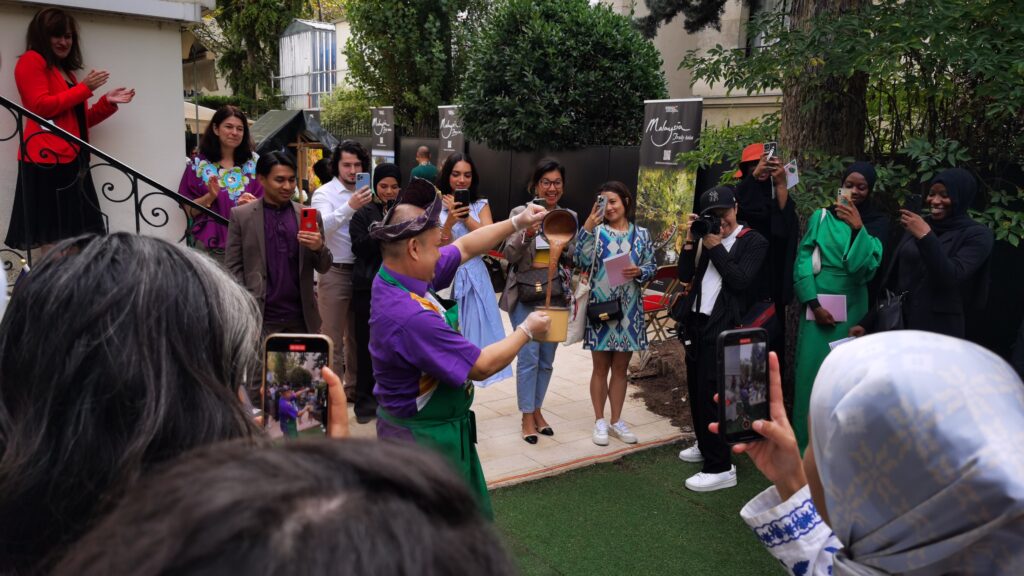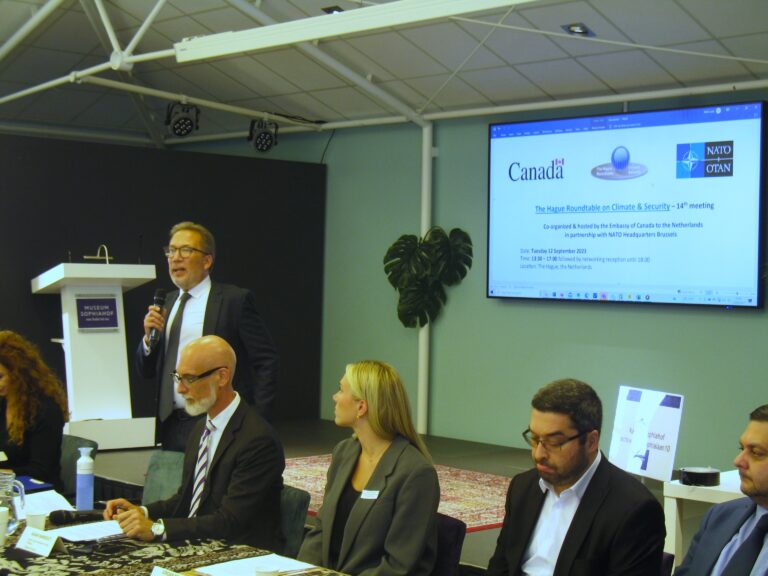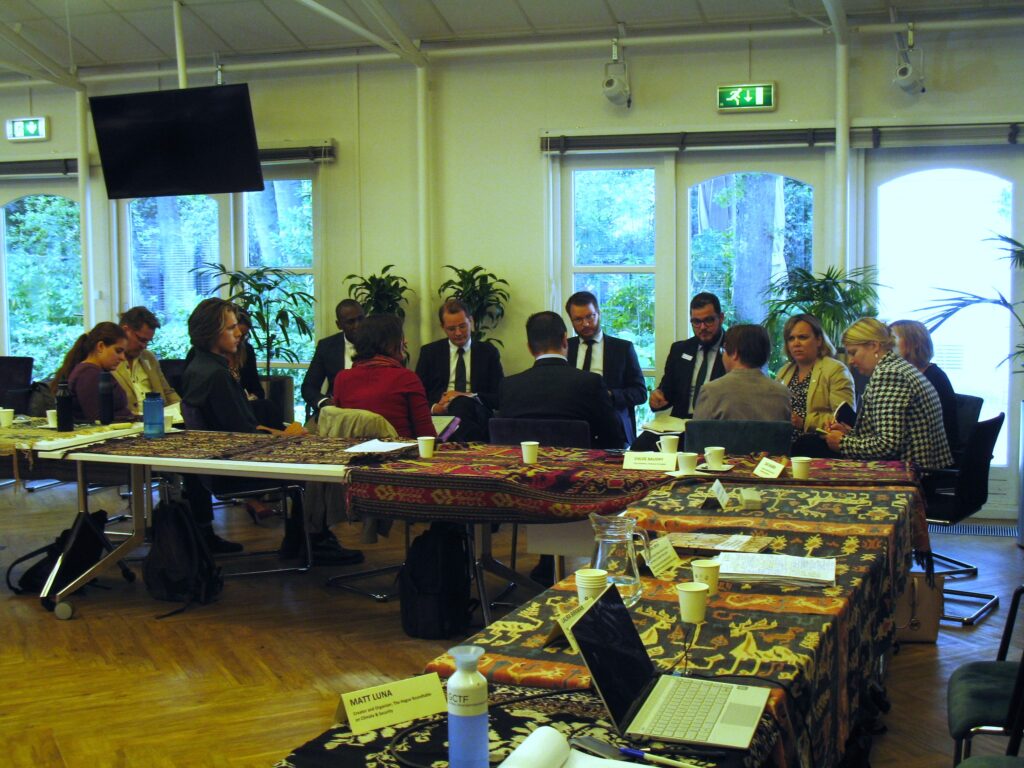By Eleni Vasiliki Bampaliouta
Orange Grove, an initiative of the Dutch Embassy in Greece, is going to celebrate its ten years of success, on Thursday 5 October 2023, 14.00 – 19.00, at the Auditorium of the Vassilis and Eliza Goulandris Foundation (Eratosthenous 13, 11635 Athens) with a discussion panel entitled “Working together on a sustainable and innovative future”.
It has been ten years since the start of operation of the Orange Grove innovative entrepreneurship incubator, a decade of empowerment and support for the Greek startup community. Many were the really interesting and innovative initiatives of the new startups that “passed” through Orange Grove during this time and managed to evolve and continue their upward trajectory until today. We want to share with you the joy of our success and our plans for the future, in a special event with eminent guests of the field.
The event (14:00-19:00), with the theme “Working together on a sustainable and innovative future”, will include interesting discussions in 4 panels in total and at the same time, will offer the opportunity to network with executives and companies from the community of innovation and sustainability. Discussions will focus on building business ecosystems, creating impact through entrepreneurship, networking with universities and the role of artificial intelligence and machine learning.
The Ambassador of the Netherlands in Greece, Susanna Terstal, will address a greeting, while the presenter of the anniversary event will be the Deputy of the Dutch Embassy, Maurits ter Kuile.
The first panel (15:00-16:00) will highlight the evolution of the innovation and entrepreneurship ecosystem in Greece over the last ten years. The panel speakers will be: Alexandra Choli – Partner at EPAGON.VC, Serena Davis – Co-founder of HippoSeeds & lead trainer at Orange Grove, John Fox – Senior UI engineer iOS at Netflix, Miltiadis Gouzouris – CEO at HVA International (Est . 1879), Yiannis Nikolopoulos – Co-founder & CEO at Clio Muse S.A. The discussion will be moderated by the Ambassador of the Netherlands in Greece, Susanna Terstal.
The next discussion panel will follow (16:00-16:45) on the purpose of entrepreneurship, its impact and the role of technology in climate change, with the following participants: Christos Apostolopoulos – Total Quality (SHEQA), Food Safety & Dairy Affairs Manager at FrieslandCampina Hellas, Yiannis Georgakellos – Communications & Corporate Affairs Director at Athens Brewery, Spyros Kouvelis – Team Leader EU-GCC Cooperation on Climate Change & Energy / Senior Associate at the Institute for Sustainability Leadership of the University of Cambridge, Giorgos Stegos – Founder & CEO at Cyclefi, while the coordinator will be Marissa Antonopoulou – COO at Action Finance Initiative.
The third panel (17:15-18:00) will focus on connecting research with entrepreneurship by delving into the importance of university ecosystems. The speakers of the panel will be: Christina Deligianni – Policy & Programs Director at the EPLO Institute for Sustainable Development, Nikos Efthymiadis – Chairman & CEO at ThessINTEC, Fai Orfanou – Co-founder & Managing Partner of SCIENCE-2-BUSINESS LLP, Betty Tsakarestou – Associate Professor, Director of ADandPRLA and Scientific Manager of CREATIVE+ of Panteion University’s Entrepreneurship and Innovation Structure. The coordinator of this panel will be Lina Ioannou – Director International & Institutional Affairs at Enterprise Greece.
The anniversary event will conclude by highlighting the key issue of the role of artificial intelligence and machine learning. The fourth panel (18:15-19:00) will be attended by: Konstantinos Hambidis – Director of the Office of the Minister of Education and Religion and former Minister of Digital Transformation, Yannis Kanellopoulos – CEO & Founder of Code4thought, Yannis Noussis – Co-founder of Travelmyth , Poly Palaiogeorgou – Director of Business Programs – Microsoft Digital, Robin Schuil – Founder of Vendora. The discussion will be moderated by John Fox – Senior UI Engineer iOS at Netflix.
To participate in the event, online reservation is required via the following link: http://bit.ly/46os59W. The event will be held in English.
Orange Grove is a pioneering startup incubator and ecosystem that promotes the empowerment of innovative and sustainable entrepreneurship. It supports the creation of startups and innovative SMEs, through intensive trainings, access to international know-how and good practices, as well as interconnection with a global network of mentors and partners.
It is an initiative of the Dutch Embassy, managed by the non-profit Ithaca, and since 2019 has been operating as a remote-first incubator. For more information about Orange Grove you can visit our website www.orangegrove.eu, while you can follow our news on Facebook, X, LinkedIn and Instagram.

